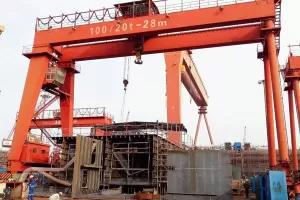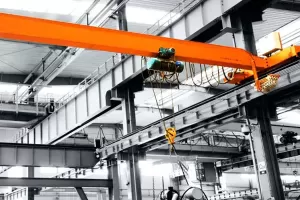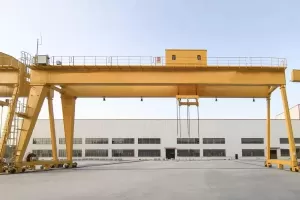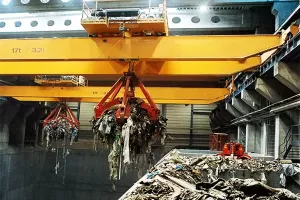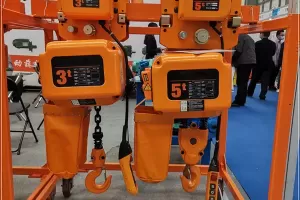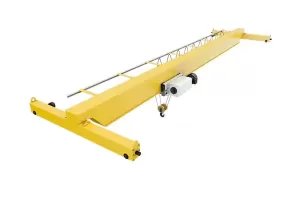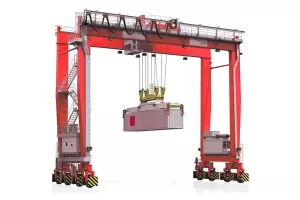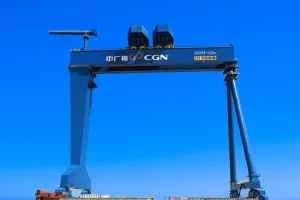When it comes to lifting and moving heavy loads, workshop cranes are the perfect solution for American customers. Whether you’re looking for a crane to use in a workshop, factory, or warehouse, there are a variety of options available to meet your needs. In this guide, we’ll discuss the different types of workshop cranes, their features, and the factors to consider when selecting the right crane for your application.
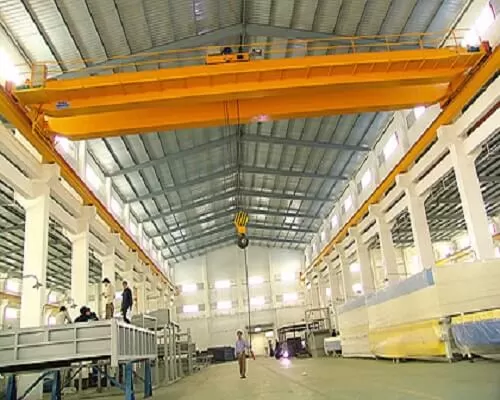
Types of Workshop Cranes
There are several types of workshop cranes available for American customers. The most common types are overhead cranes, gantry cranes, and jib cranes. Each type of crane has its own unique features and benefits, so it’s important to understand the differences between them before making a purchase.
Overhead cranes are the most popular type of workshop crane. They are designed to lift and move heavy loads in a workshop, factory, or warehouse. Overhead cranes are typically mounted on a ceiling or wall and feature a hoist and trolley system that allows the operator to move the load in any direction. Overhead cranes are available in a variety of sizes and capacities, so it’s important to select the right size for your application.
Gantry cranes are similar to overhead cranes, but they are designed to be used outdoors. Gantry cranes are typically mounted on a frame and feature a hoist and trolley system that allows the operator to move the load in any direction. Gantry cranes are available in a variety of sizes and capacities, so it’s important to select the right size for your application.
Jib cranes are a type of crane that is designed to be used in a workshop or factory. Jib cranes are typically mounted on a wall or ceiling and feature a hoist and trolley system that allows the operator to move the load in any direction. Jib cranes are available in a variety of sizes and capacities, so it’s important to select the right size for your application.
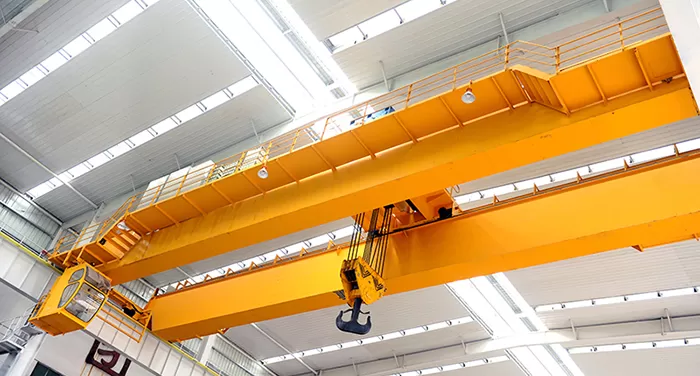
Factors to Consider When Selecting a Workshop Crane
When selecting a workshop crane, there are several factors to consider. The most important factors include the size and capacity of the crane, the type of crane, the environment in which the crane will be used, and the safety features of the crane.
Size and Capacity
The size and capacity of the crane are important factors to consider when selecting a workshop crane. The size of the crane will determine the size of the load that can be lifted and moved. The capacity of the crane will determine the weight of the load that can be lifted and moved. It’s important to select a crane that is the right size and capacity for your application.
Type of Crane
The type of crane is also an important factor to consider when selecting a workshop crane. As discussed above, there are several types of workshop cranes available, including overhead cranes, gantry cranes, and jib cranes. It’s important to select the right type of crane for your application.
Environment
The environment in which the crane will be used is also an important factor to consider when selecting a workshop crane. If the crane will be used outdoors, it’s important to select a crane that is designed for outdoor use. If the crane will be used indoors, it’s important to select a crane that is designed for indoor use.
Safety Features
The safety features of the crane are also an important factor to consider when selecting a workshop crane. It’s important to select a crane that has the necessary safety features to ensure the safety of the operator and the load.
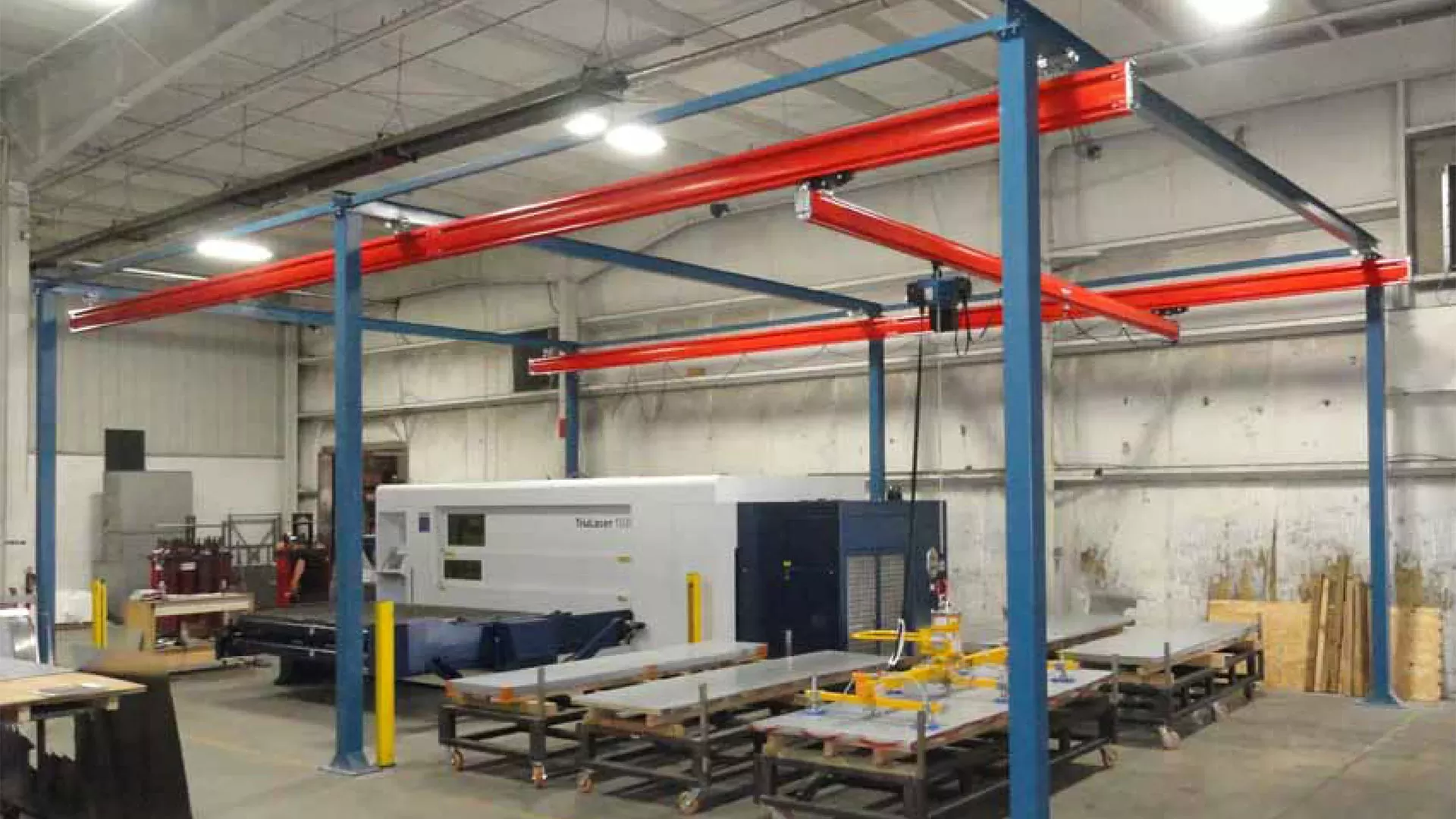
Conclusion
When it comes to lifting and moving heavy loads, workshop cranes are the perfect solution for American customers. There are several types of workshop cranes available, including overhead cranes, gantry cranes, and jib cranes. It’s important to consider the size and capacity of the crane, the type of crane, the environment in which the crane will be used, and the safety features of the crane when selecting a workshop crane. With the right crane, you can ensure the safety of the operator and the load, and get the job done quickly and efficiently.


